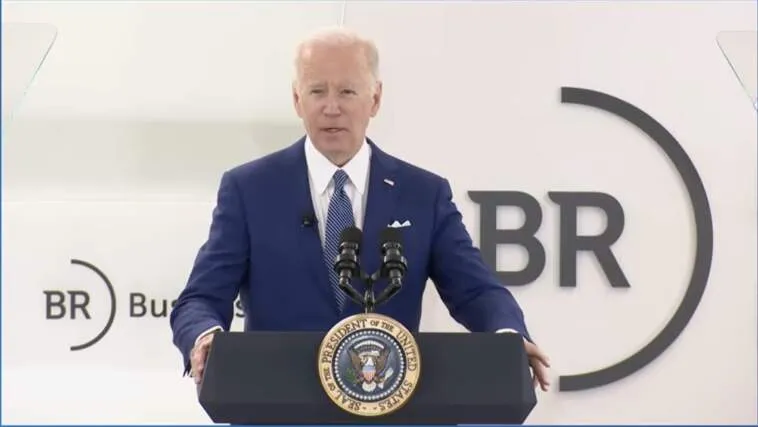(The Federalist) In a huge victory against the racist diversity, equity, and inclusion agenda, a federal judge has ruled the Biden administration’s Minority Business Development Agency has long violated the Constitution’s equal protection guarantees by punishing “disfavored” groups — in this case white small business owners.
In his ruling, U.S. District Court Judge Mark Pittman for the Northern District of Texas likened the agency’s use of race-based criteria in awarding taxpayer-funded assistance to the discriminatory actions of 19th-century American businesses that hung “Irish Need Not Apply” signs or “Blacks Need Not Apply” placards during the Jim Crow era.
“The MBDA advertises services exclusively for some races but not others,” the judge wrote in his decision. “While the Agency’s work may help alleviate opportunity gaps faced by MBEs [minority business enterprises], two wrongs do not make a right. And the MBDA’s racial presumption is a wrong.”
Pittman granted summary judgment for two of the three plaintiffs and issued a permanent injunction barring the federal government from using the agency to award benefits based on race.
The lawsuit was filed last year by the Wisconsin Institute for Law and Liberty on behalf of three entrepreneurs from Florida, Texas, and Wisconsin who sought assistance from the Minority Business Development Agency.
Jeffrey Nuziard, Ph.D., is a veteran, researcher, and CEO of Sexual Wellness Centers of America in Texas, according to the lawsuit. Christian Bruckner, “a disabled immigrant who fled Communist Romania in the 1970s to seek a better life in America,” operates a federal contracting business. And Matthew Piper, who “grew up in extreme poverty in Colorado,” owns an architectural firm in Wisconsin.
“Plaintiffs hail from different states and have different circumstances, backgrounds, and businesses. But they have much in common: they all worked hard to get where they are, they all overcame obstacles in pursuit of the American Dream, they all care deeply for their businesses, and they all wanted — but couldn’t obtain — assistance from the same federal program,” court documents state.
They’re also white, and didn’t fit the race-based preferences of the federal agency.
The MBDA’s vision statement, the ruling asserts, resonated with the entrepreneurs. It aims to help deliver “economic prosperity for all American business enterprises.” Created more than a half-century ago and made permanent through the $1 trillion infrastructure legislation of 2021, MBDA’s vision came with a catch. It doesn’t serve all American business enterprises, it serves “all American minority business enterprises.” As the complaint notes, MBDA uses a list of preferred races and ethnicities in handing out benefits. Anyone who doesn’t fit into those groups, whether whites or others, is considered not “socially or economically disadvantaged” and is ineligible for benefits, the lawsuit argued.
“While Plaintiffs interfaced with the Agency in different ways, all roads led to the same conclusion: the MBDA isn’t for them because they aren’t on its list of preferred races,” court documents state.






